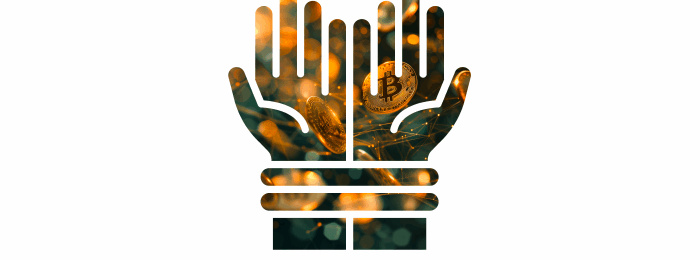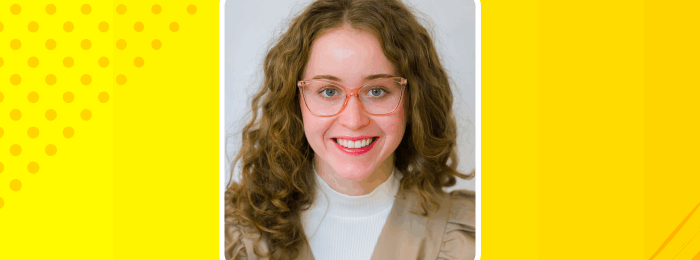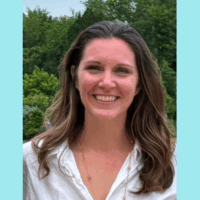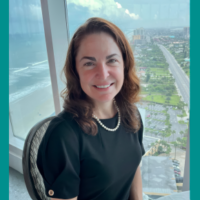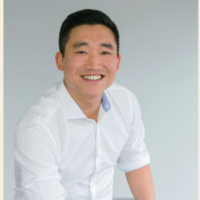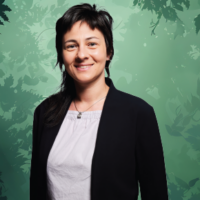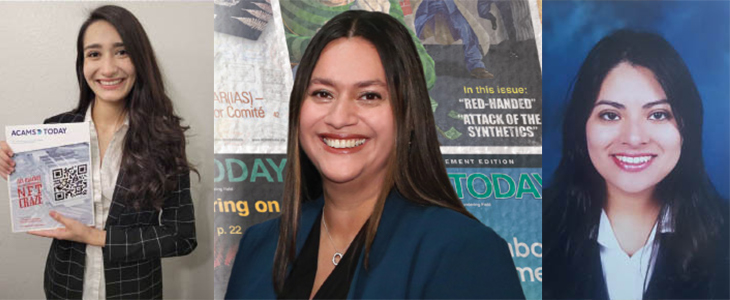
Behind every issue of ACAMS Today, there is a dedicated team of editors. From updating the ACAMS Today website, to sending out biweekly newsletters featuring new content and updates, to publishing every issue of ACAMS Today, the editorial team is constantly working to improve the quality of anti-financial crime (AFC) content offered to its members. ACAMS Today invites you to learn more about the editorial team comprised of Editor-in-Chief Karla Monterrosa-Yancey, CAMS, International Editor Monica Mendez, CAMS and Editorial Assistant Ana Cecilia Martinez in the interview that follows.
Editor-in-Chief
Karla Monterrosa-Yancey
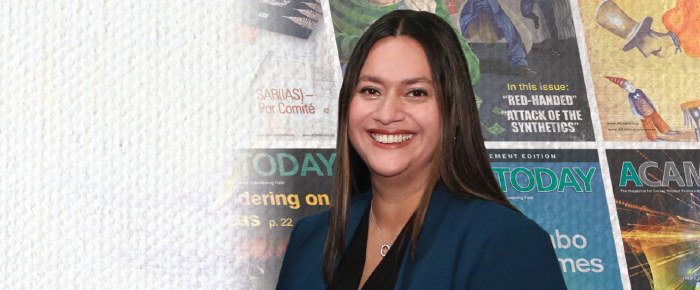
ACAMS Today (AT): You have been working at ACAMS for over 15 years. What is your proudest achievement?
Karla Monterrosa-Yancey (KMY): It is difficult to pinpoint only one but I would like to share a few with you. First, I would say having the opportunity to take a newsletter and converting it into an award-winning publication that now includes two other titles: ACAMS Today Europe, ACAMS Today Español and the translation of the quarterly magazine into simplified and traditional Chinese has been highly rewarding. Second, two of my most memorable interviews were with Lydia Cacho, an anti-human trafficking activist and award-winning journalist and The El Dorado Task Force, a specialized multidisciplinary law enforcement unit comprised of NYPD, FBI, CIA, HSI and more.
I would also be remiss if I did not mention the over 200 awards the publication has received for content, interviews, special editions, design, editorial pieces, special coverage and print. This is a testament to the wonderful AFC community, our editorial committees, a committed ACAMS Today editorial team, a talented design team, a supportive director of editorial content, collaboration from various ACAMS’ departments and the backing of the ACAMS’ senior leadership team.
AT: What day-to-day aspect of your job do you most enjoy?
KMY: I enjoy interacting with ACAMS’ members. They are simply the best! The members are always willing to share their knowledge with ACAMS and the rest of the membership. I also enjoy the creative aspect of my job. Creativity is key when putting together a magazine from beginning to end. Finally, I would say it is a pleasure to be able to collaborate with my team and the design team.
AT: The AFC landscape has changed a lot since you first began working at ACAMS. What trends, schemes, laws or sanctions designation has surprised you the most and why?
KMY: When I first started working for ACAMS, I never envisioned cryptocurrency becoming a huge component of financial services. Add to that the blockchain technology and its increasing usage, not only in the financial industry, but beyond. A few years ago, I would have never thought that art could be converted and sold as a nonfungible token (NFT). The NFT possibilities seem endless. Another thing brought about by the rise of social media is the use of various cash apps. The ease of sending, transferring and receiving money with just the touch of a button. No need to even visit a brick-or-mortar financial institution for anything as everything can be done from your smartphone. All these advancements in technology have made life easier for us, but also for criminals. AFC professionals are now required not only to know everything about preventing financial crime but also to be tech-savvy. The AFC professional 15 years ago looked quite a bit different than the AFC professionals of today.
One of the changes for good that I have witnessed is the increase in anti-human trafficking awareness. In my first couple of years in the industry, I was aware of human trafficking, but there was not a major initiative, training, certification or collaboration between public and private sectors to bring awareness to this heinous crime. Fast forward to the present and I have met many in the industry who have made it their mission to fight human trafficking. I will never be able to name everyone, but some individuals and businesses that come to mind are first ACAMS with its pledge to the FAST Initiative and the creation of the modern-day slavery and human trafficking certificate for the financial sectors, Peter Warrack and the creation of Project Protect, Lydia Cacho and her never-ending zeal as a journalist to bring human trafficking awareness to the forefront globally, Sara Crowe from Polaris (by the way Polaris is also celebrating “20 years of answering the call”), the Anti-Human Trafficking Intelligence Initiative (ATII) and their work with identifying predators on the dark web and many more individuals and organizations that I have not listed.
AT: How do you envision ACAMS Today expanding in the future? What new features, products or services are you considering?
KMY: I see ACAMS Today continuing to be the premier publication for AFC professionals. We will continue to expand our scope to include pertinent and relevant topics for the AFC community. I see us adding more columns and translating articles into more languages. In addition, I would like to add more interactive-media features to the publication and to ACAMSToday.org. By engaging our readers more through visual, audio and social platforms, we will be able to reach more of the anti-financial crime community.
Editorial Assistant
Ana Cecilia Martinez
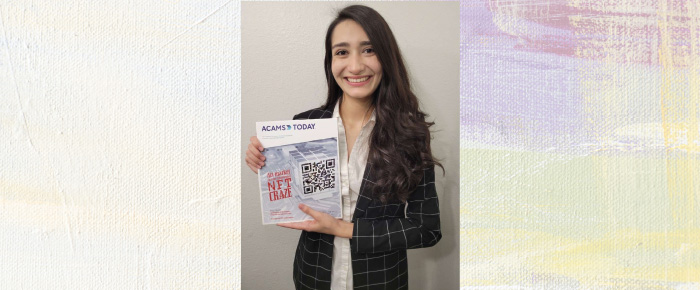
AT: As the newest member of the ACAMS Today team, what aspect of your job most surprised you when you first started?
Ana Cecilia Martinez (ACM): I was pleasantly surprised about the broad and diverse readership that came with what I considered to be, at that time, a niche subject. Prior to starting my position, I had no experience in the AFC sector. I had just graduated with my Bachelor of Arts degree, so I came into the AFC world with a fresh set of eyes. I now recognize that the impact that AFC professionals have around the globe extends to more than just finances and I am thrilled to continue learning more about the role that AFC professionals play in improving financial equality for people of all backgrounds across the globe; combating corruption and other illicit financial crimes such as terrorist financing and human trafficking; and setting the groundwork for the future of finances with fintechs and cryptocurrency.
AT: You have a background in the publishing industry, and you have previously worked as an editor. How did those previous positions prepare you for your current role? How are those jobs different from your current position? How are they similar?
ACM: Prior to joining the ACAMS Today team, my experience was mainly in journalism and online publishing as an undergraduate student. My time at those publications taught me a lot about the importance of being a team player, communicating and working collaboratively with individuals who have busy schedules, especially after the start of the COVID-19 pandemic. The pandemic struck when both publications were at their peak busy seasons, so my teams and I had to adjust quickly from working in person to working virtually and producing new efficient work systems that were compatible with our teams’ needs. This was when collaboration and communication were crucial to working with any degree of normalcy at a time when we were not sure if any physical publication was feasible.
With time and many discussions, we made the new normal work for us and feel comfortable: Like before the pandemic, there was always something to do, whether it was editing or planning for future marketing events. The fast-paced work environment that we were all accustomed to in-person translated well into the virtual work environment. These are all things that have helped me settle into my current role. The ACAMS Today team receives submissions from contributors worldwide with diverse backgrounds and different availabilities, all of whom I feel honored to work with. My team has been wonderful in helping me adjust to my role and feel comfortable in learning how to grow within and outside of my field. I am truly fortunate to have been a part of great editorial teams since the start of my professional career.
AT: What day-to-day aspect of your job do you most enjoy?
ACM: Every day, I wake up knowing and expecting to learn something new in my role, and that has been the case since I began working at ACAMS. Education and learning have always been monumental parts of my life, and to say that I have a career that furthers my passion for expanding my understanding of the world is a dream come true. Whether it be learning about how to use a new software I have not previously used to learning about the latest financial crimes and schemes, there is always something new that I can learn about. Working with amazing professionals with vast experience in the AFC industry also allows me to learn from the individuals who helped pave the way for new professionals like myself, and that is something for which I am incredibly grateful.
AT: What drew you to ACAMS Today? What aspects of the job and the ACAMS organization seemed most intriguing or interesting to you?
ACM: There is a lot of magic that comes with producing a publication, let alone doing so with the help of colleagues and contributors from all over the globe. The ability to collaborate with these professionals is what drew me the most to my job. I have the opportunity to speak to and work with specialists that are renowned in the AFC field for their commitment to combating financial crime, and that is something from which I draw inspiration. In addition, I am surrounded by diverse professionals who are setting a clear example for career success to young professionals. There are no teachers to learn better from than the people who have walked your steps before you and from those people, I am learning how to grow.
International Editor
Monica Mendez, CAMS

AT: You oversee the publications of the ACAMS Today Europe and ACAMS Today Español editions. What hot anti-financial topics or trends are currently going on in Europe? What about Central and Latin America?
Monica Mendez (MM): For the past two years, the COVID-19 pandemic continues to be a hot topic. The COVID-19 pandemic had a tremendous impact on financial institutions across the world through the emergence of various types of financial fraud arising from trade restrictions, misuse of government aid, shortages of personal protective equipment, etc. AFC professionals across the globe have unanimously shared their stories through the different articles that we have published.
AT: What day-to-day aspect of your job do you most enjoy?
MM: I enjoy the meticulousness of editing in Spanish and English. I appreciate that reading and reviewing articles by industry professionals gives me the opportunity to continue to learn more about the industry.
AT: What are the biggest challenges you face in your current role? How do you overcome them?
MM: The biggest challenge I face is having to “wear multiple hats” because, since we are a relatively small team and our publications extend beyond our print magazines, sometimes I find myself branching outside of my role as an editor. I embrace each new task with an open mind and a positive attitude. For example, I recently started using a new program to create different elements for our digital marketing campaigns.
AT: What are your goals for ACAMS Today Europe and ACAMS Today Español in 2022? What topics are you looking forward to covering in the future?
MM: One of my goals is to expand the coverage of the ACAMS Today Europe and ACAMS Today Español to more than one edition for each publication. Since the launch of ACAMS Today Europe and ACAMS Today Español in 2019, our pool of contributors for these publications has grown significantly and we are publishing more of these articles online throughout the year.
In addition, I look forward to covering environmental crimes as well as economics and technology topics. Currently, Europe seems to be taking the lead worldwide with more financial investments for environmental and climate protection. I believe the focus for the AFC industry will shift to environmental crimes. Moreover, with the launch of a central bank digital currency in the Bahamas and the use of bitcoins as a legal tender in El Salvador, economics and technology will take the spotlight in these regions.
Interviewed by: Larissa Bernardes, web editor, ACAMS, lbernardes@acams.org


